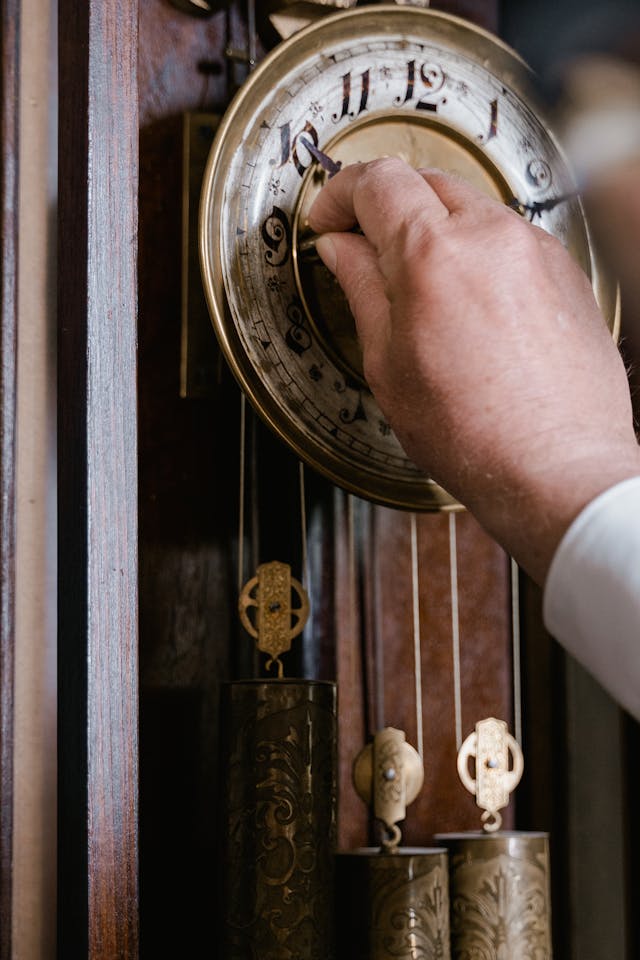
The Predictable DST Complaints
Every year, the debate about daylight savings time (DST) resurfaces as people prepare to adjust their clocks. Complaints range from minor inconveniences to more serious disruptions in routines. However, there’s an often-overlooked solution that I believe can bring some relief: exercising your free will when it comes to your personal timekeeping.
Every fall and spring, people across the country gripe about the need to “fall back” or “spring forward.” The complaints are completely predictable:
– “Why do we have to do this?”
– “Why don’t we just keep daylight savings time all year?”
– “It’s such a hassle to adjust my schedule!”
These frustrations are understandable, but let’s consider an alternative approach.
Free Will and Personal Timekeeping
Remember, you have free choice over what you do with your clocks in the privacy of your own home. Nobody’s monitoring your personal timekeeping decisions, and you can choose to set your clocks to whatever time you feel like.
1. Personal Autonomy: The government isn’t going to invade your home to ensure you’ve adjusted your clocks. If you prefer not to change your clocks, you don’t have to. Keep them set to whatever time you want.
2. Adjusting Your Schedule: If you decide not to change your clocks, you’ll need to mentally adjust your schedule. For instance, if you usually send your kids to school at 8 AM, you’ll need to start doing it at 7 AM if you choose to ignore the time change.
3. Virtual Meetings and Appointments: For those who participate in virtual meetings across different time zones, like I often do with the East Coast, you’ll need to adjust your thinking. If your meetings were at 1 PM before the time change, you’ll now attend them at 2 PM.
A Practical Example from Hawaii
Living in Hawaii, we don’t observe daylight savings time. This means that when the rest of the country adjusts their clocks, I simply adjust my schedule for meetings and appointments that involve them. It’s a minor change that becomes second nature over time.
Conclusion
In essence, the biannual clock change doesn’t have to be a significant disruption. By exercising your free will, you can choose to keep your clocks set to a time that works best for you. Embrace the flexibility and autonomy you have over your personal timekeeping, and the transition might not seem so bothersome after all.

+ There are no comments
Add yours